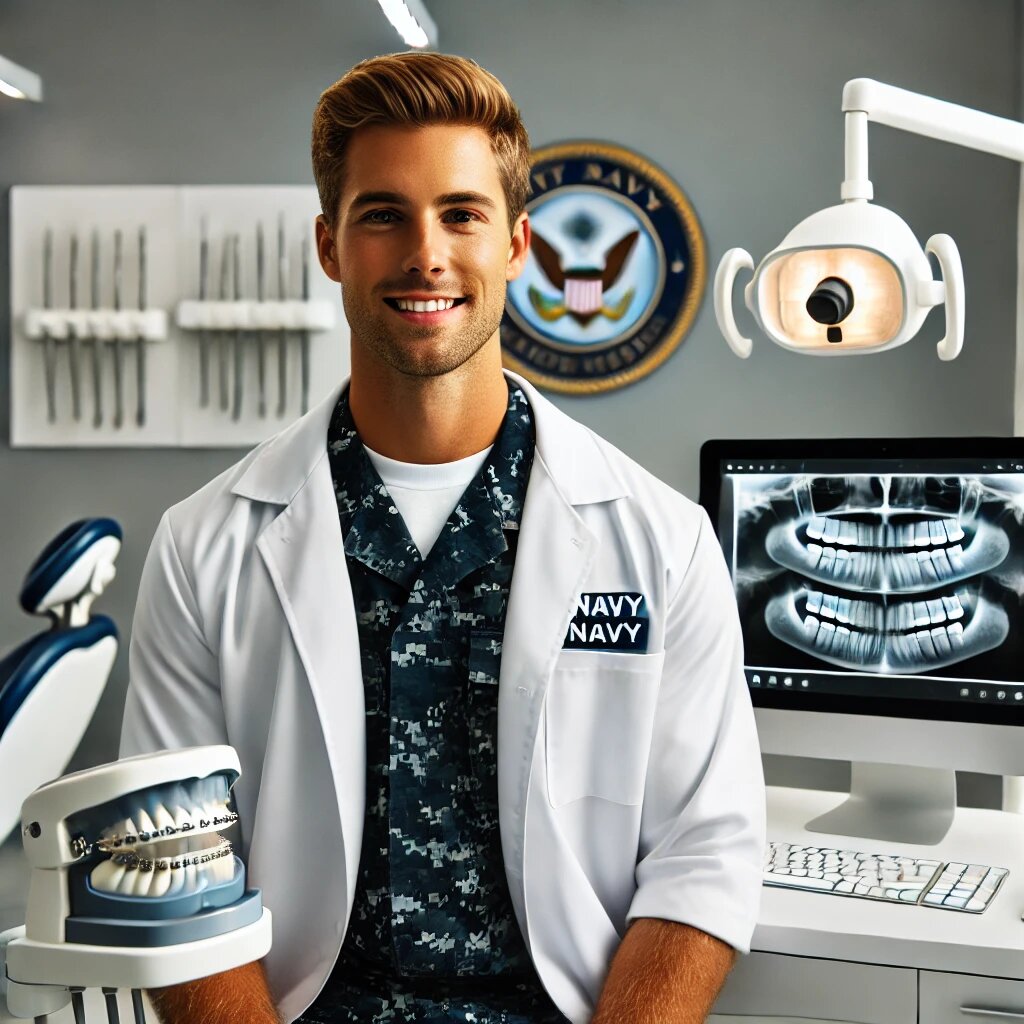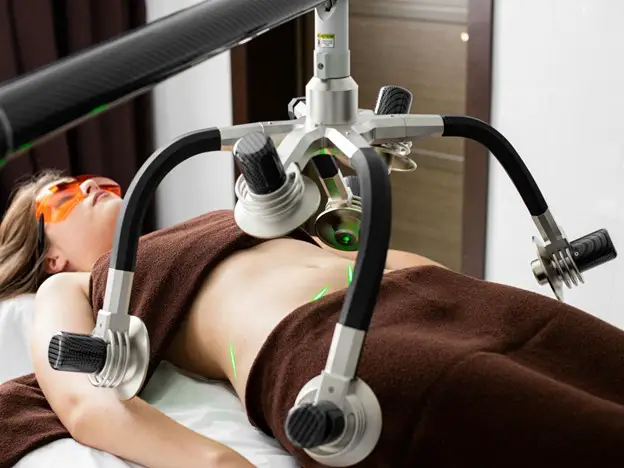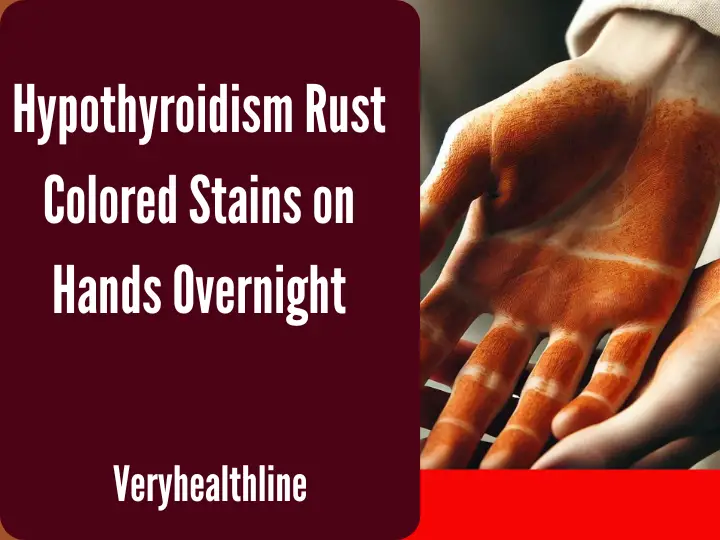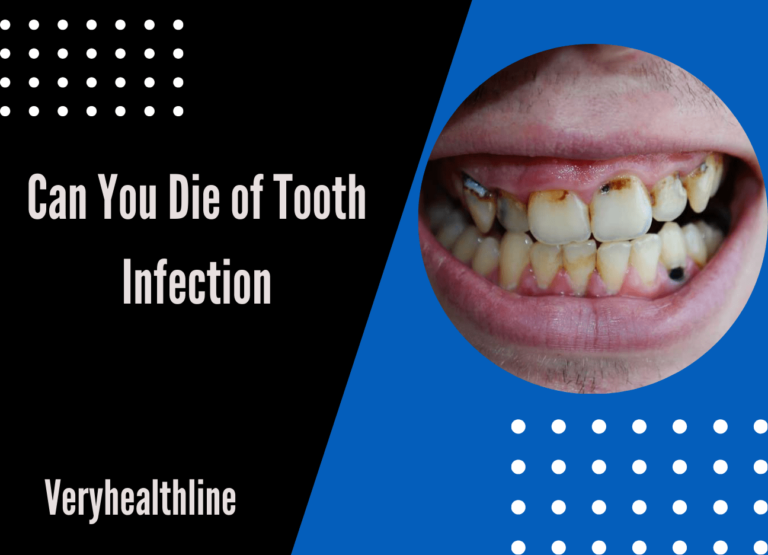Carson Dennis Dentist Orthodontics Navy HPSP: Exploring a Pathway to Dental Excellence
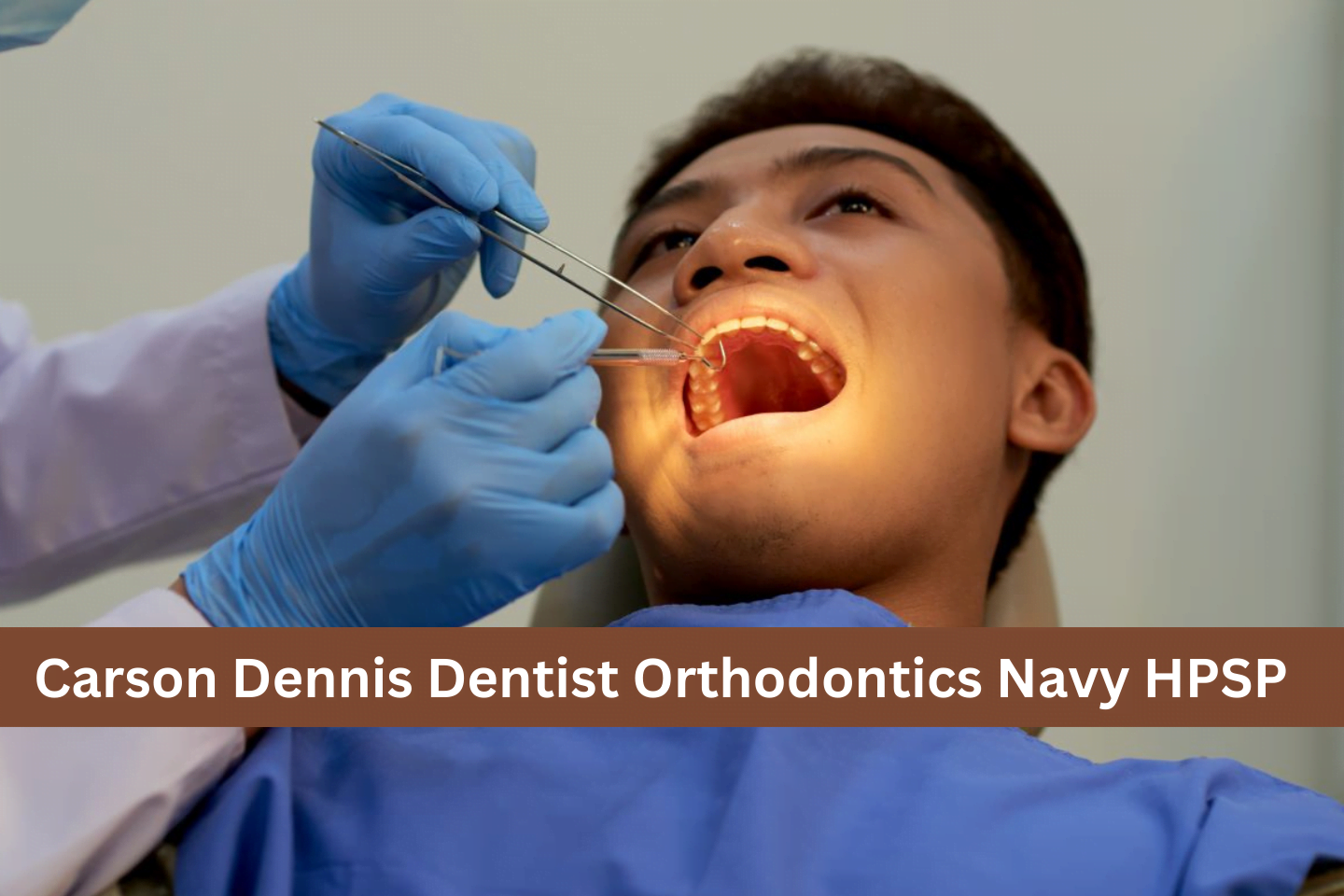
Carson Dennis is a highly skilled and renowned dentist with a specialization in orthodontics, who has skillfully blended dental care and orthodontic treatments with military service. His journey is one that highlights the unique advantages of combining the U.S. Navy’s Health Professions Scholarship Program (HPSP) with a passion for dentistry. This career trajectory in the dental field is not only rewarding but also provides the opportunity to gain orthodontic experience in an impactful setting.
The Navy HPSP allows dental professionals to serve their country while advancing their education in a respected field, and it has been a pivotal path for Dennis. For those concerned about dental school debt and career direction, this program offers a supportive avenue, allowing dentists to pursue professional expertise without a crushing financial burden. Dennis’s experience illustrates how orthodontics in the Navy can lead to a dynamic and fulfilling career for those who seek to serve their country and grow in the dental profession.
What is the Navy HPSP?
The Navy Health Professions Scholarship Program (HPSP) provides essential financial support for dental students aiming to build their careers in the Navy. Through the program, Carson Dennis found a way to balance his involvement with the military community and provide comprehensive care to the general public.
This Health Professions Scholarship Program has been a real lifeline, covering tuition, fees, and even a monthly living stipend, so students can dedicate their focus to dental training without accumulating debt. In exchange, recipients like Dennis make a commitment to serve as a Navy dentist after graduation. This is especially valuable in healthcare fields such as dentistry, where participants benefit from funding for their educational expenses and have a guaranteed role as a dentist in the Navy for a set period of time.
For aspiring dental professionals like Dr. Carson Dennis, the HPSP is an advantageous option, as it helps in alleviating the financial burden of dental school, enabling them to focus fully on their studies and graduate ready to serve the Navy. This experience not only offers unique experiences in military facilities but also hones their skills in ways that set them apart in the field.
Who is Carson Dennis?
Carson Dennis is an inspiring figure in the world of dental care, representing a generation of dentists dedicated to achieving excellence through the HPSP. Although specific details about Dennis’s background may be limited, their journey is likely similar to many who balance dental education with military service. By leveraging the Navy’s scholarship, Dennis and others like him can make a meaningful impact in both their profession and in their country’s healthcare infrastructure.
The Role of an Orthodontist in the Navy
Orthodontists in the Navy play a critical role in ensuring that service members have optimal dental health, which can directly impact their performance and well-being. Unlike in civilian practice, military orthodontists encounter unique cases tied to the specific needs of service members, including:
- Bite and Jaw Alignment Issues: Orthodontists often address conditions that, if untreated, may interfere with communication equipment or other gear.
- Injury and Trauma Cases: Military personnel are at risk of facial injuries. Orthodontists in the Navy are trained to manage and treat these cases.
- Preventive Care: Maintaining oral health can prevent more severe complications that could impact operational readiness.
For Carson Dennis and others in the field, this role goes beyond conventional orthodontics, contributing to the well-being and preparedness of the Navy personnel.
Also Read: Can You Die of Tooth Infection
The Journey to Becoming a Navy Orthodontist
For those inspired by Carson Dennis, here’s a breakdown of the journey from dental school to serving as a Navy orthodontist:
- Step 1: Dental School and HPSP Application – Candidates for the Navy HPSP apply during dental school, usually after their first year. This application process includes a thorough background check, medical examination, and an evaluation of academic records.
- Step 2: Training and Education – Once accepted, students receive the financial benefits and begin their education. They also attend Officer Development School (ODS), learning military protocols and leadership.
- Step 3: Serving as a General Dentist – Newly graduated dentists often begin their careers in the Navy as general dentists, providing routine care and gaining practical experience.
- Step 4: Specializing in Orthodontics – Those interested in orthodontics can pursue specialized training programs. The Navy offers residencies in orthodontics, preparing dentists to treat a range of cases specific to the needs of service members.
Each stage of the journey is structured to provide a strong foundation in both dentistry and military discipline.
Benefits of the HPSP Pathway for Dental Students
Choosing the HPSP program offers advantages beyond financial support, which has made it an attractive choice for many students. Here’s how the Navy HPSP benefits those pursuing dental and orthodontic careers:
- Comprehensive Clinical Training: Dentists and orthodontists in the Navy gain exposure to a variety of clinical cases. This hands-on experience can be more diverse than in a typical private practice setting.
- Leadership Opportunities: Military service requires strong leadership skills. As Navy officers, dentists develop skills in teamwork, communication, and problem-solving that are invaluable in both military and civilian careers.
- Debt-Free Graduation: The high cost of dental education can be a barrier for many students. By covering tuition and living expenses, the HPSP program helps alleviate this burden.
- Job Security: Navy dentists are guaranteed employment upon graduation, providing stability and security for new graduates. This can be particularly appealing in the context of uncertain job markets.
For Carson Dennis and others who have embraced this path, these benefits make a significant difference in both their personal and professional lives.
Challenges and Considerations
While the Navy HPSP offers numerous advantages, it’s essential to consider the unique challenges associated with the program:
- Service Commitment: Recipients of the HPSP scholarship must serve a period of active duty, generally one year for each year of scholarship received. This commitment means that those planning to pursue private practice or settle in a particular location may need to delay their plans.
- Deployment and Relocation: Navy dentists may be required to relocate frequently, which can impact family life and personal commitments. They may also be deployed in support of various missions.
- Rigorous Training: Military training is intense and may include physical and mental demands that are not part of civilian dental education.
Despite these challenges, the HPSP remains a popular choice for students motivated by a desire to serve.
Life After Navy HPSP: Career Opportunities
After completing their service commitment, Navy orthodontists and dentists have a range of career options. They can:
- Continue Serving in the Navy: Some choose to extend their service, advancing their careers within the military and potentially achieving higher ranks.
- Transition to Civilian Practice: Former Navy dentists often have a competitive advantage in the civilian job market due to their extensive experience and leadership skills.
- Join Public Health Organizations: The public health skills acquired in the Navy can translate well into roles within governmental or nonprofit health organizations.
For Carson Dennis, the skills, experience, and connections made during service can open doors to various fulfilling career paths.
Why Consider the Navy HPSP for Orthodontics?
The Navy HPSP provides a unique avenue for those passionate about both dentistry and service. For aspiring dentists, this program offers benefits that extend well beyond financial support:
- Impactful Work: Serving those who serve the country is rewarding and can be a source of pride for many.
- Skill Development: Working in a military setting equips dentists with valuable skills that make them well-rounded professionals.
- Networking: The Navy provides a strong network of professionals, which can be beneficial both during and after service.
Following in the footsteps of figures like Carson Dennis, prospective dental students have the opportunity to combine their profession with a deep commitment to public service.
Steps to Become a Dentist and Orthodontist through the Navy HPSP
For those inspired by Dr. Dennis’s pathway, here are the basic steps to pursue a career in orthodontics through the Navy HPSP:
- Complete a Bachelor’s Degree: Aspiring dentists must first earn a bachelor’s degree, often with a focus on sciences like biology or chemistry.
- Apply for Dental School and the Navy HPSP: After acceptance to an accredited dental school, students can apply for the HPSP. Acceptance into the HPSP is competitive and includes meeting the Navy’s academic and physical fitness standards.
- Graduate and Obtain Licensure: After completing dental school, graduates must pass the National Board Dental Examination and any state-specific exams to obtain licensure.
- Serve in the Navy: After graduation, HPSP participants serve as dentists in the Navy. This period allows for hands-on experience and the opportunity to specialize, such as pursuing orthodontics.
- Complete an Orthodontic Residency: For those who wish to specialize in orthodontics, additional residency training is required, which can sometimes be completed during or after military service.
- Transition to Civilian Practice (Optional): After fulfilling the service obligation, some HPSP participants choose to transition to civilian practice, bringing their skills and military experience with them.
Conclusion
For dental students passionate about orthodontics and interested in serving their country, the Navy HPSP is a remarkable pathway that blends education with honor. Carson Dennis exemplifies the journey of commitment, expertise, and resilience that this program fosters. Whether looking to graduate debt-free, gain advanced clinical experience, or give back to the nation, the Navy HPSP can set the foundation for a rewarding career in dentistry.
The program isn’t just about financial relief. It’s a transformative experience that shapes skilled and compassionate dentists. By following a path like Carson Dennis’s, students can achieve their professional dreams while making a significant difference in the lives of others.
FAQS:
Can I specialize in orthodontics through the Navy HPSP?
Yes, after completing dental school and fulfilling any initial service obligations, you can apply for specialized training in orthodontics. Acceptance into such programs is competitive and depends on the Navy’s current needs.
What are the benefits of the Navy HPSP for dental students?
- Full Tuition Coverage: The program pays 100% of dental school tuition.
- Monthly Stipend: Provides a monthly stipend to cover living expenses.
- Sign-On Bonus: Eligible dental students may receive a sign-on bonus.
- Clinical Experience: Opportunities to work in diverse clinical settings, including humanitarian missions.
What is the service commitment for Navy HPSP recipients?
Recipients typically incur an active-duty obligation of one year for each year of scholarship support, with a minimum commitment of two years.
Are there opportunities for further specialization after fulfilling the initial service commitment?
Yes, after completing your initial service obligation, you can apply for advanced training programs in specialties like orthodontics. Acceptance is based on performance, experience, and the Navy’s requirements.
Can I pursue a civilian orthodontic residency immediately after dental school under the HPSP?
Generally, HPSP recipients are expected to fulfill their active-duty service obligations before pursuing civilian residencies. However, there may be exceptions based on the Navy’s discretion and specific agreements.
What is the salary for a Navy orthodontist?
Compensation is based on rank and years of service. While specific figures can vary, Navy orthodontists receive a competitive salary along with benefits such as housing allowances, healthcare, and retirement plans.
How does the NavCarson Dennis Dentist Orthodontics Navy HPSPy HPSP impact my career as an orthodontist?
Participating in the HPSP provides unique clinical experiences and leadership opportunities. It also offers financial benefits, including tuition coverage and a stipend, which can alleviate the burden of student loans.
Where can I find more information about the Navy HPSP?
For detailed information, visit the official Navy Medicine website or contact a Navy medical recruiter.
